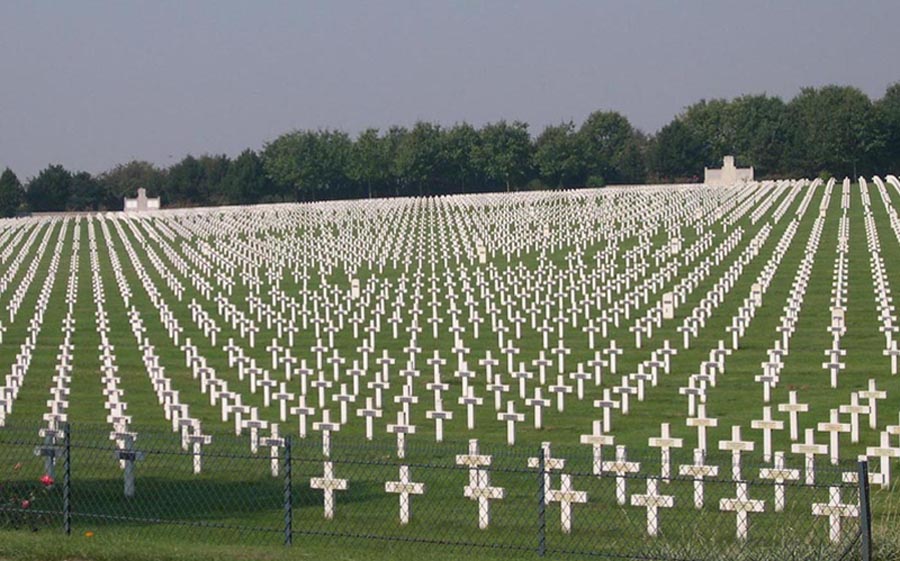That trite little postscript, which spoke volumes, gave me pause even though I knew from my memory of the Fifties and Sixties that it was the way of things.
I had known I was gay since my early years (though I pretended not to, as one had to then) and apart from a few school friends I did not identify much with straight men. I had always hated football and other straight men’s things, and gravitated towards women on a non-sexual level. Once at university I was to meet few working class men, at least not those in a factory or building site setting. My father had been one, though I was told by a left-leaning friend that he can’t have been because we owned our own house. As the movement for women’s and gay rights took hold, straight working class heterosexual men were even treated with derision in ‘sophisticated’ circles, and the sneering language used would have been described as misogyny or homophobia had it been the other way round. If anything this double standard has become even more pronounced in recent years. Why, I wonder, do they not defend themselves? The reason, I suspect, is that they don’t know how to. Or rather, they have been indoctrinated not to.
From their earliest years boys are taught to put women’s needs above their own, to put the toilet seat down (it seems the very fact of having a penis puts boys in the wrong) to let women get into the lifeboats first, to protect those weaker than themselves. Men were expected to be the ones who went out to defend the clan while women stayed by the fire with the children. Latterly this protection, once demanded by women when the world was a more dangerous place, is retrospectively called oppression. It doesn’t seem to matter that this might be unjust to men, because men are supposed to take it on the chin, and an injustice to a heterosexual man apparently doesn’t matter as much as an injustice to a woman.
When I was younger an elderly Welsh neighbour (who looked after me sometimes) told me that in her childhood in a mining area the men used to give their unopened pay packets to their wives who would then give the husbands pocket money, or not, depending on the family’s circumstances. Even if this practice was not universal, simple economics meant that the major part of a worker’s pay had to be spent on his wife and family. There were, of course, some men who spent too much of their pay on drink, but those who did were widely condemned and there were numerous societies attempting to make them to see the error of their ways (just try telling a modern feminist, gay or lesbian to reconsider their attitudes and see what happens!). It was an offence for men not to provide for their wives and children, and indeed still is, and those who violated this rule were pursued and sometimes imprisoned. The man was supposed to be the breadwinner, and while in different times it is reasonable to talk of equal pay, to ignore the obligations placed on working class men is simply dishonest. Moreover, until the 1960s the average age to which a man could expect to live in the UK was 68, whereas the average age for a woman was nearly ten years more. Given that women retired at 60 and men at 65, this meant that the average man could expect three years of retirement (though many didn’t get that) whereas a woman could expect eighteen. I have yet to see any contemporary narrative that mentions this, and I think we can all guess the outcry if the position had been reversed. Even now far more is spent on women’s health than men’s.
One cruel wartime myth is that ‘they also serve who only stand and wait’. Even in my childhood, I heard women say to war (and other) widows ‘it’s worse for the women who get left behind’ (‘It’s worse for a woman’ is a mantra boys hear throughout their childhood). Hmm. So those young men who died in pain, fear and misery had it easy compared to the women keeping the home fires burning?
I hope that working class heterosexual men do start to rebel and organise so that their voice is properly heard and the revolutionary notion that straight men have feelings too begins to register. I urge them to do that because we all know that when push comes to shove we need them to fix overhead electricity lines in the depth of winter, unblock our drains, repair our roofs and rescue us from burning buildings. And, if necessary, to die for us. Yes, some women and gay men are helping a bit with that, but they're mighty slow coming forward compared to those who want the plum jobs, the media posts and the sole right to set the agenda (and the default position of the toilet seat!).

 RSS Feed
RSS Feed